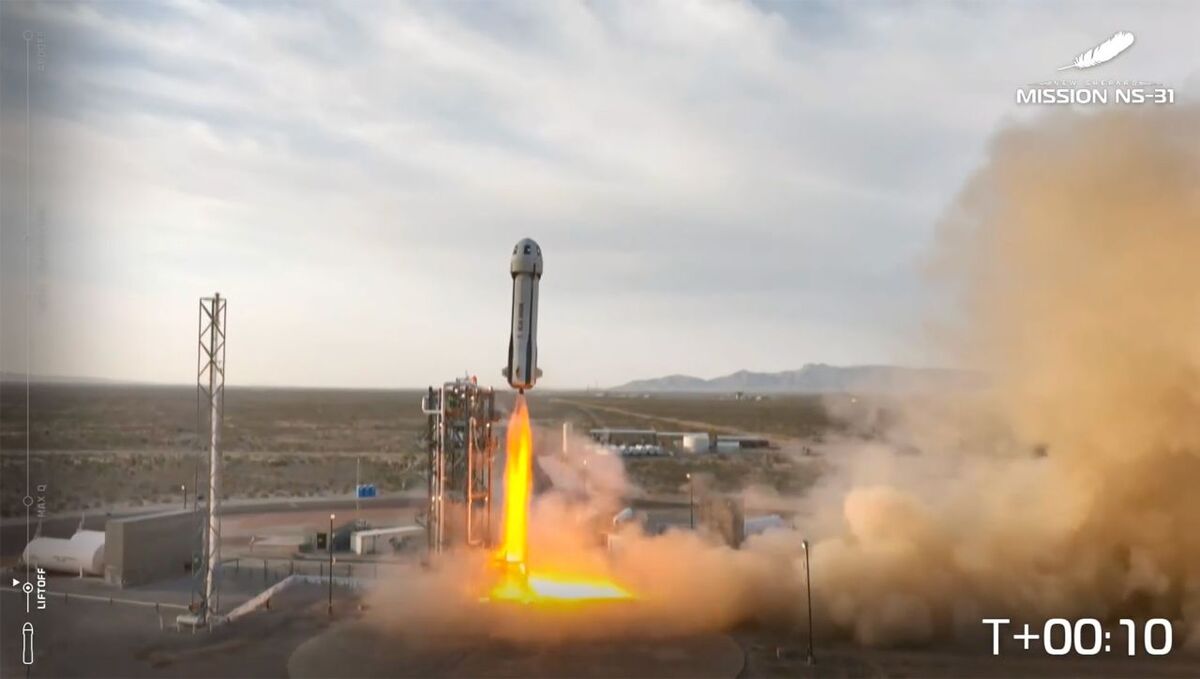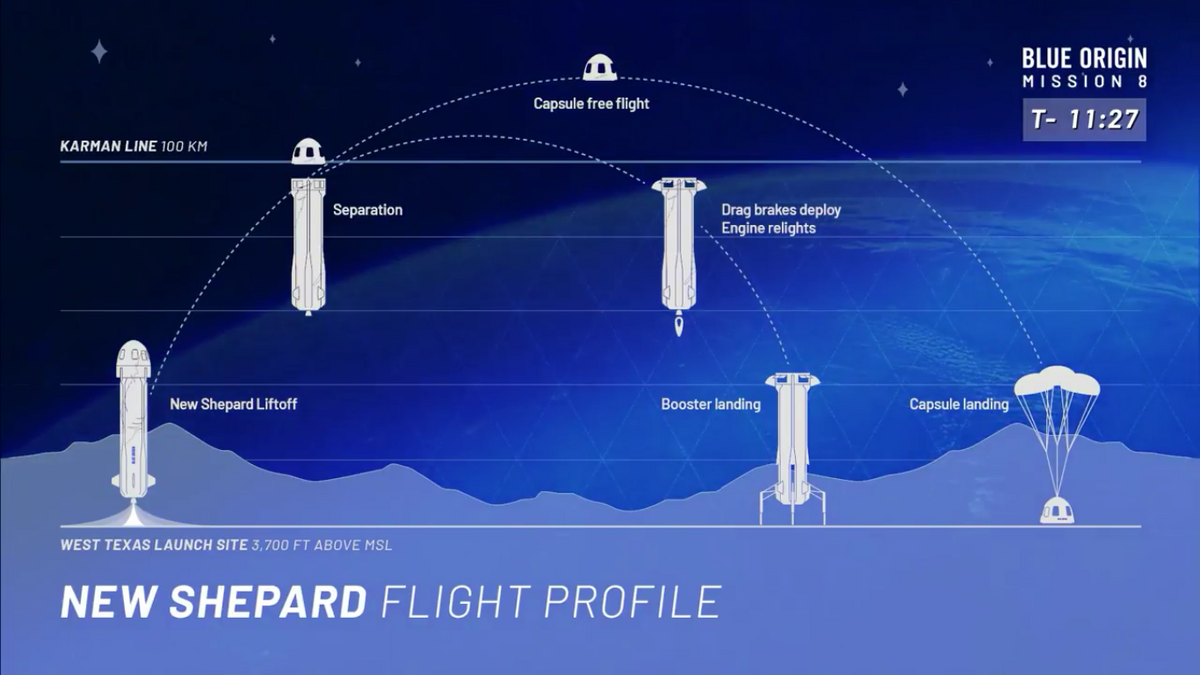
Emily Ratajkowski’s Not Happy With Blue Origin’s Spaceflight
She has a point
Emily Ratajkowski didn’t hold back when she slammed Blue Origin’s all-female spaceflight on April 14, 2025, calling it a hypocritical stunt by a company that claims to care for Earth while harming it. Her point hits hard, especially when you dig into the environmental impact of such missions. Let’s break down why she’s onto something.
The Hidden Cost of Rocket Launches

Spaceflight might look clean, but it’s far from green. Blue Origin’s New Shepard rocket uses liquid hydrogen and oxygen, producing water vapor instead of CO2 during flight. Sounds eco-friendly, right? Not quite. The production of rocket fuel, particularly liquid hydrogen, is energy-intensive, often relying on fossil fuels. Mining raw materials for rockets like aluminum and rare metals devastates ecosystems, with mining operations contributing to deforestation and water pollution. A 2021 study highlighted by Space.com noted that rocket launches release soot into the upper atmosphere, where it has a warming effect 500 times greater than airplane emissions, per University College London research. Even if space tourism’s total emissions are small compared to aviation (less than 1% of aviation’s fuel burn, per Space.com), the per-flight impact is massive think one suborbital trip equaling a 10-hour transatlantic flight’s pollution.
Reusability Helps, But It’s Not Enough

Blue Origin touts sustainability with New Shepard’s reusable booster, which can fly up to 25 times with minimal refurbishment. This cuts down on manufacturing waste, reducing the need for raw materials. But reusability doesn’t erase the broader footprint. The energy to refurbish and relaunch, plus ground operations, still adds up. High-altitude emissions also linger longer, damaging the stratospheric ozone layer, which protects us from UV radiation. While Blue Origin’s efforts are a step up from single-use rockets, the industry’s growth—potentially 360 space tourism flights per year by 2030, according to Space.com could amplify these effects. Ratajkowski’s right to question the trade-off: is a brief joyride worth the planetary cost when Earth’s already on the brink?











